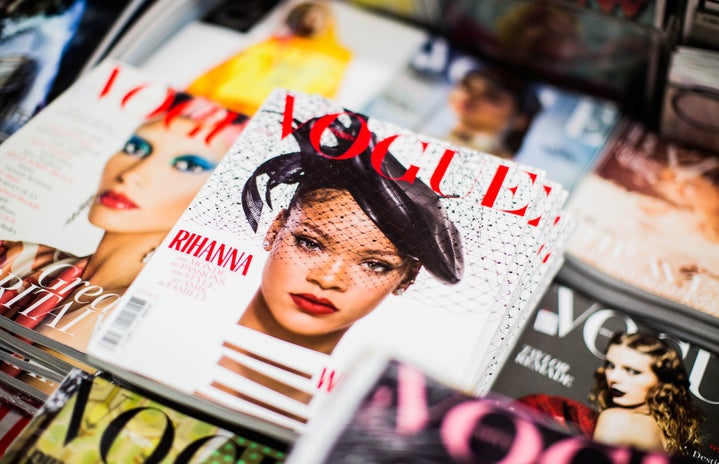If you’re anything like me, you probably haven’t thought too much about Britney Spears in the last few years, other than occasionally hearing “Toxic” or “…Baby One More Time” on a throwback playlist. But ever since a New York Times documentary calling Framing Britney Spears was released on Hulu, Britney Spears has been back in the limelight.
Framing Britney Spears chronicles Britney’s rise to fame as a teenage pop star and her later struggles that ended with her being put into a conservatorship, which she is still in 13 years later. Conservatorships are usually established for elderly people who are no longer capable of making medical or financial decisions, so it doesn’t exactly make sense why Britney Spears, who was producing music, performing, and living in her Las Vegas residency, would need a conservator. Many fans have become concerned about Britney and hope to free her from the conservatorship.

One thing that impressed me the most was Britney Spear’s talent and intelligence. In the documentary, people who worked closely with her described how she was so in charge of her career. She was dedicated and came up with many of the big ideas for her songs, performances, and music videos. That kind of confidence and creative control is inspiring, and it’s especially sad that in many ways, she’s no longer in control of her own life.

Although our generation may not remember the 90s and early 2000s, there’s a lesson to be learned from Britney Spear’s story. Dealing with the intense pressure of fame, constant criticism, and unfair comments clearly – and understandably – took a toll on Britney’s mental health, and in an era where we can constantly check social media or the news on our phones, this pressure has only increased. There’s always a new generation of young stars rising to fame, and it’s important that we talk about how to protect them from this pressure.
Source: Framing Britney Spears



